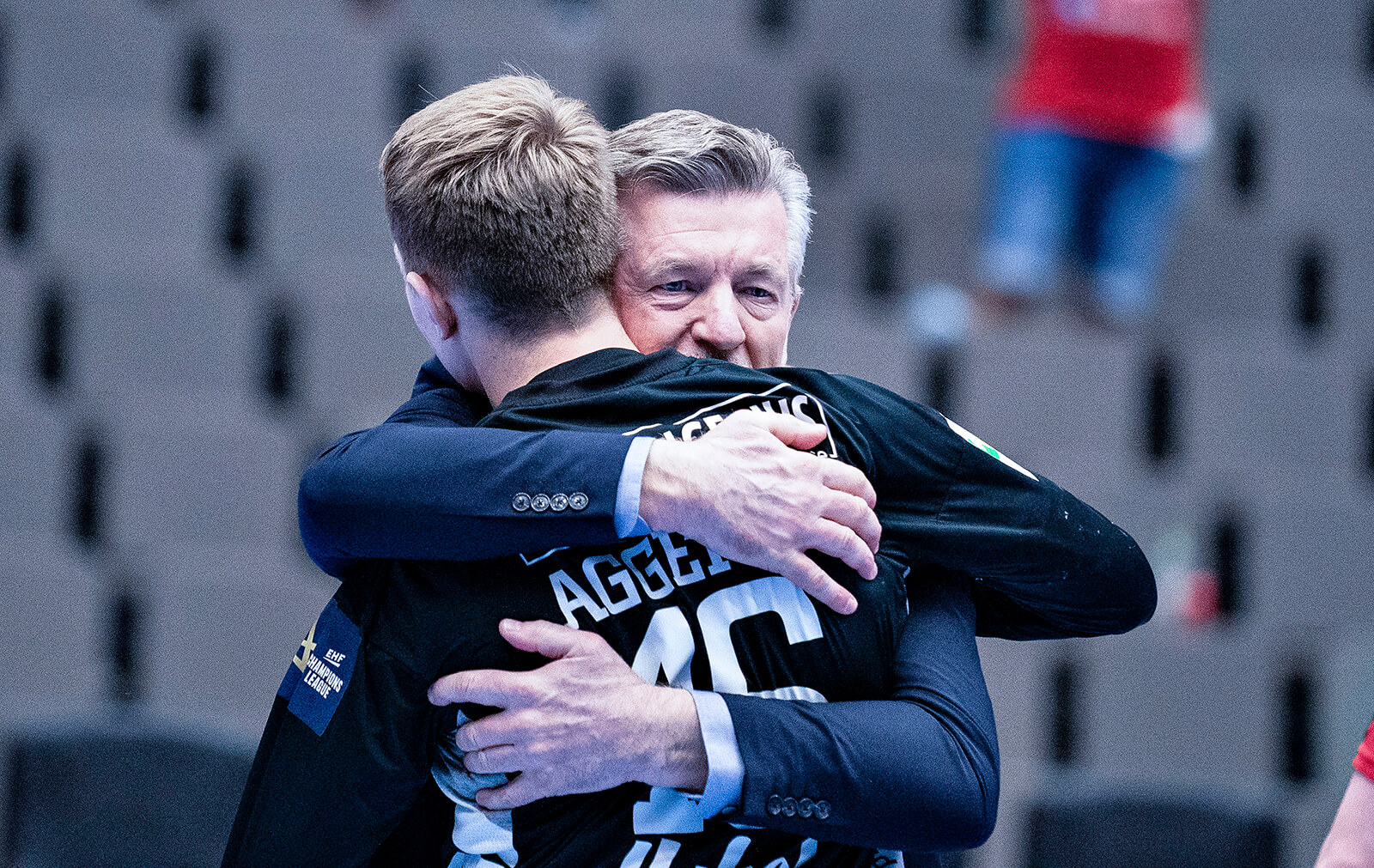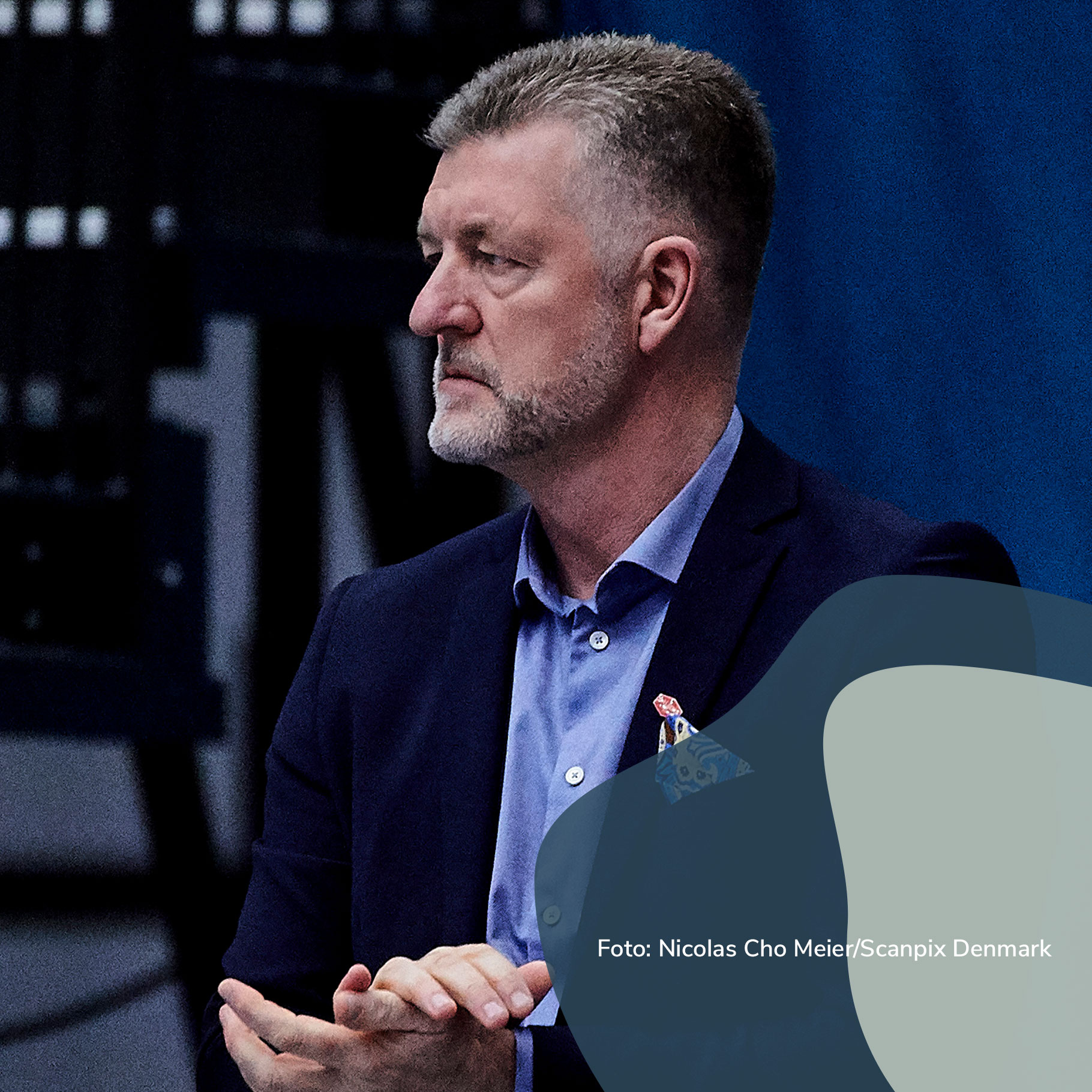Trust in each other is crucial
"In short, good agents ensure that players receive good and competent advice so that they know what they are signing up to when they enter the professional world. This ensures they have a proper environment. Often, most young players do not know much about what needs to be in place in terms of insurance, law and security in a contract, and a good agent ensures this. At the same time, it ensures both a club and the players that they only have to focus their energy on the sporting side of things.
"From a club's point of view, there are other benefits as well. The agents are always fighting for the best possible conditions for their clients. This keeps us clubs on our toes in terms of ensuring proper conditions for the players. In addition, agents can use their large network to help clubs enter into a dialog with interesting players, and it gives a club peace of mind that the players have received good advice. This means that we, as a club, are sure that the player knows exactly what has been agreed and therefore has to rely on his advisor rather than the club if things turn out later that have not been taken into account," says Jan Larsen.
From my chair, clubs and agents depend on each other. Cooperation is very much about trust, reputation and networking.
"From my chair, clubs and agents depend on each other. The cooperation is very much about trust, reputation and network. If we as a club ensure good player conditions and good dialog in the cooperation with the various agents, then their influence, network and power can benefit us in terms of offering us the best players in the future. On the other hand, they must of course also behave professionally, and it is also my experience that most of them do", says Jan Larsen.
"It is clear that agents, for example, will always try to push up the price of their players, while we clubs have to act according to the budgets we have. And I can - and have - also - turned some agents away, because the salary demand for a player may be too high and they have set expectations that are not reasonable. But it's always a negotiation, and in general the agents on the Danish market are professional. Those who are not, rarely last that long," says Jan Larsen.
As a director, do you have any advice on how agents should act towards a club, players and staff?
"There is no requirement to have a license as a handball agent, so you have to know and respect the unwritten rules - among other things, that as an agent you do not disturb players or clubs prematurely, and that a word is a word in a negotiation. Much is based on trust and respect for the position of both parties in a negotiation, and good agents know that you are only as good as your last deal. Both club and agent often meet later in a new negotiation, and of course we must be able to look each other in the eye every time.
 (Photo: Henning Bagger/Ritzau Scanpix)
(Photo: Henning Bagger/Ritzau Scanpix)
I would clearly rather have agents as the players' representatives than not, as we can thus, in cooperation, help to ensure both a higher level of play, orderly conditions for the often young people - and together help to ensure that Danish handball continues to be at the forefront internationally at club and national team level".

 (Photo: Henning Bagger/Ritzau Scanpix)
(Photo: Henning Bagger/Ritzau Scanpix)





